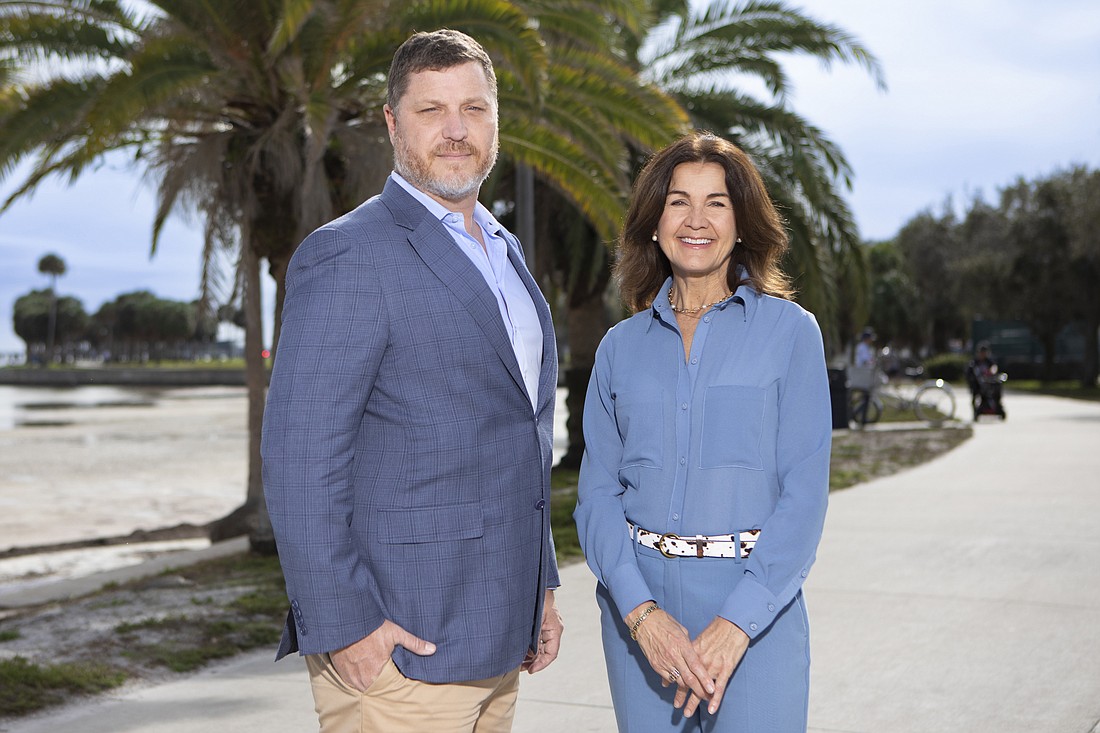- December 13, 2025
-
-
Loading

Loading

Jeff Brandes wasn’t a go along to get along kind of elected politician in his dozen years in elected office in Florida. With a resume that includes serving as a U.S. Army officer in the 101st Airborne Division in Iraq, Brandes, instead, was a get stuff done kind of politico.
And, based at least on the number of bills filed, Brandes was relentless in his mission. Some years Brandes, a Republican, proposed more than 50 bills. Proposals addressed everything from deregulating Florida’s sometimes arcane business licensing structure to funding for an innovative libraries task force to preserving digital privacy rights. Other bills focused on sports betting, medical marijuana and tax issues.
Yet reflecting back on his time in Tallahassee — two years as a state representative and 10 years as a senator, all in and around Pinellas and Hillsborough counties — Brandes laments that, in many ways, the state capitol is something of a sausage-making factory that rarely stops to look at the quality, or even asses, the long-term results of its output.